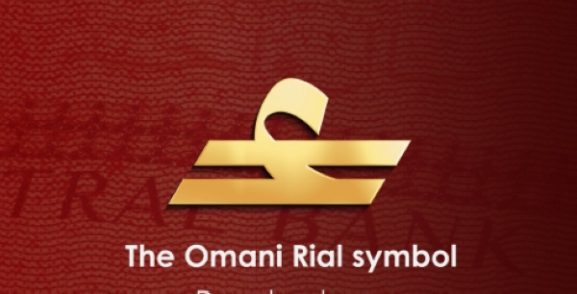Oman Completes Delivery of 25 Government Digital Transformation Projects: What This Means for Business Innovation and Investment Opportunities
MUSCAT: The Ministry of Transport, Communications and Information Technology (MoTCIT) has announced significant progress in its flagship digital transformation initiative, the Tahawul programme. To date, the programme has successfully delivered 25 digital projects and initiatives, with an additional 11 nearing completion.
Tahawul, officially titled the National Programme for Government Digital Transformation, is a key government initiative aimed at enhancing the efficiency, integration, and accessibility of public services. It aligns closely with the objectives of Oman Vision 2040, which seeks to establish a modern, digital economy.
Thuraya al Harthy, Director of the Government Unified eServices Portal at MoTCIT, highlighted the programme’s success as it approaches the conclusion of its five-year implementation plan. Out of 36 projects conceptualised under Tahawul, 25 have been fully implemented, marking a significant advancement in digital government services. She emphasized that these initiatives contribute to building an integrated smart government focused on efficiency, transparency, and user experience.
The national digital transformation strategy encompasses a broad range of initiatives designed to modernize governance and enhance the citizen experience. Central to this is the Unified Government Services Portal—a single digital gateway consolidating all government services—accompanied by the Unified Mobile Application for Smart Services, which offers consistent access across multiple devices.
Additional components include the National Open Data Platform, which promotes transparency through open access to government data, and the Innovation in Shared Digital Solutions and Systems, which enhances institutional efficiency and reduces costs via shared infrastructure.
To ensure effective implementation, the programme is guided by comprehensive frameworks such as the Guideline Framework for Implementing Government Digital Transformation and the Guideline Framework for Digital Service Design. These frameworks support quality, inclusivity, and operational standards in digital service creation.
Security and trust are reinforced through the National Digital Trust Services Project (Thiqah), which provides robust authentication for secure transactions. Progress is continuously monitored by the Digital Readiness and Digital Service Maturity Measurement System, aligned with national priorities. Citizen participation is encouraged through the Guideline and Activities for e-Participation Development, ensuring public involvement in shaping digital services.
Efficiency improvements are supported by the National System for Planning, Evaluation, and Performance Monitoring, enabling data-driven decision-making. The Simplification and Re-engineering of Government Service Procedures streamline processes for faster service delivery.
Further support includes the Development and Enablement of Core Central and Shared Digital Solutions, which strengthen institutional planning through enterprise systems, and the Central Smart Chatbot Platform, delivering automated support across government service channels.
Strategic partnerships play a vital role, with collaboration frameworks designed to accelerate key digital projects. The Government Digital Transformation Change Management Strategy prepares institutions to adapt to new technologies and boost performance.
Public engagement is enhanced by the National Communication and Awareness Plan for Promoting Smart Services, which drives digital adoption and literacy. Additionally, the Classification, Indexing, and Management of Government Services system ensures comprehensive documentation and easy access to services.
Flagship initiatives such as the Oman Digital Transformation Forum provide an annual platform for innovation and best practice sharing, while the Development of Government Mobile and Smart Applications empowers users with integrated mobile-first solutions.
Finally, the Digital Content Strategy improves the quality and connectivity of information across platforms, particularly within the Unified Government Services Portal, fostering a cohesive and user-centric digital ecosystem.
This comprehensive digital transformation effort under MoTCIT marks a critical step in Oman’s journey towards a smart, efficient, and transparent government aligned with the goals of Oman Vision 2040.
Special Analysis by Omanet | Navigate Oman’s Market
Oman’s ‘Tahawul’ digital transformation program marks a critical milestone in government modernization, driving efficiency, transparency, and user-centric service delivery aligned with Vision 2040. For businesses, this creates new opportunities in tech integration, innovation partnerships, and digital service ecosystems, while investors should prioritize ventures leveraging government digital infrastructure and data transparency. Smart entrepreneurs must consider collaborations in shared digital solutions and citizen-focused platforms to capitalize on the accelerating shift toward a fully integrated smart government.



